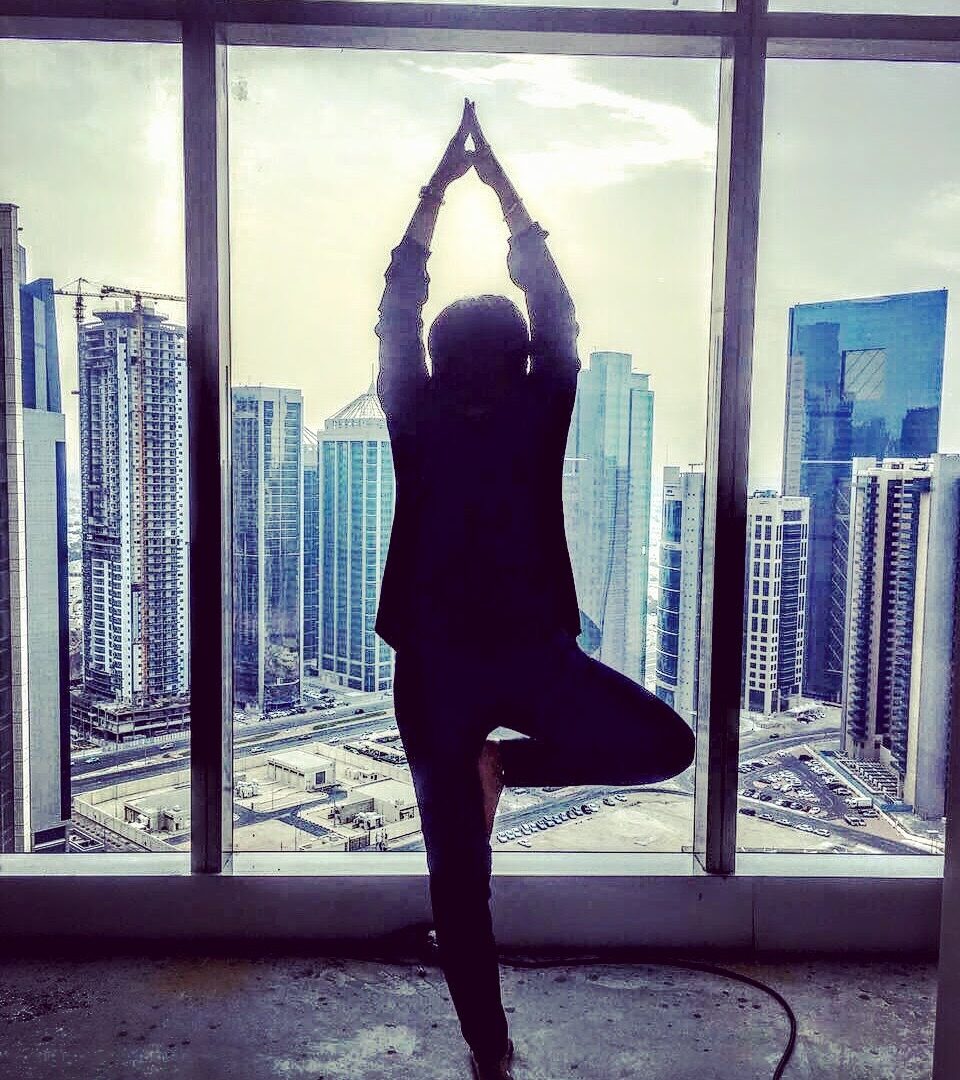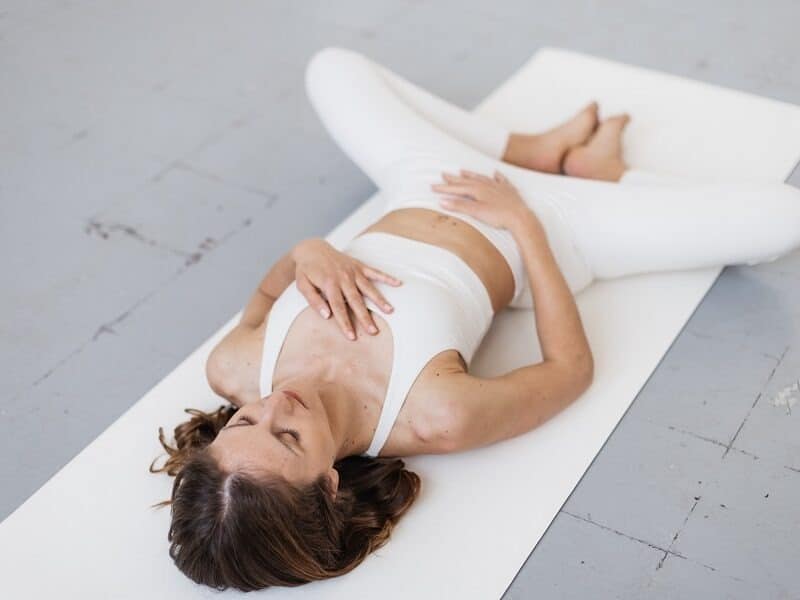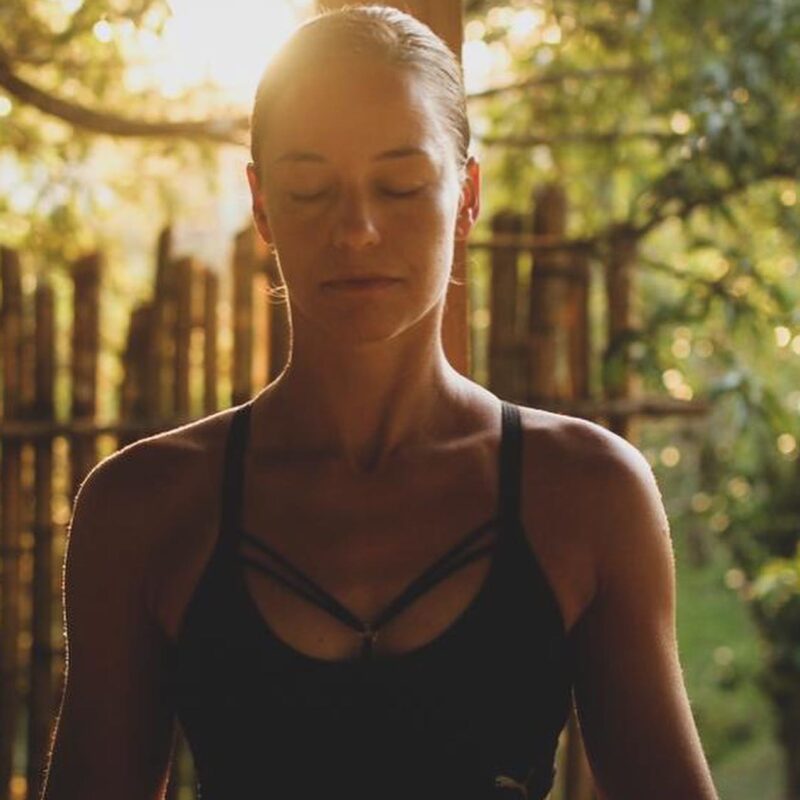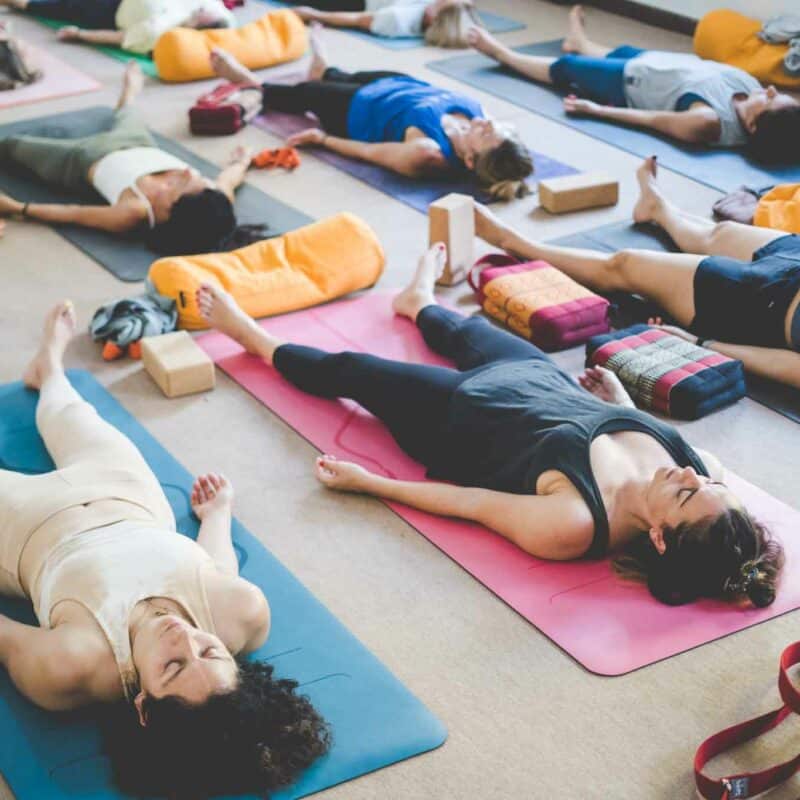How Mindfulness and the Noble Truths can help cope with the uncertainty COVID-19 brings
When we rang in the new year to celebrate and welcome 2020, no one could have anticipated that three months later, the global world would slow down and many would hibernate as a result of the COVID-19 pandemic. Many of us transitioned to working/schooling at home and followed CDC guidelines to wash our hands and wear masks to flatten the curve and slow the spread of the virus, but this pandemic also allowed me to return to one of my loves - reading. I finally found the time to connect with several stacks of books that had piled up with earnest hopes to read them “one day.” This allowed me to deep-dive into Buddist philosophy, beginning with Pema Chodron’s book, serendipitously titled, Living Beautifully with Uncertainty and Change. This blog outlines a few teachings that have brought me comfort with this uncertainty and change, living in a COVID-19 world and wondering what a post-COVID world will look like, as countries around the globe are now shifting from stay-at-home to phased reopenings.
The Noble Truths
The Buddhist teachings outline Four Noble Truths: (1) Your suffering is valid and you are not alone in your experience of suffering (the truth of suffering) ; (2) Human suffering and dissatisfaction is rooted in attachment, aggression and ignorance (the truth of the cause of suffering); (3) You are worthy and good, and can ease your suffering through letting go and releasing (the truth of the end of suffering); and (4) Stepping onto the Eight-fold path is the guide for life (the truth of the path that ends suffering).
This human suffering of dissatisfaction and discomfort is part of our lived experience, but we can also sit with this suffering and see it as a teacher, allowing the feelings of dissatisfaction to show us our inner thoughts, allow us to analyze them and allow them to bring us wisdom.
Think about the stories you tell yourself about your suffering. Maybe they are stories of “I am always suffering/I never get what I want” or “I am an angry person” or “I am not worthy enough of…” Whatever the stories of suffering may bring up, try to connect with your breath and breathe through these stories, allowing yourself to sit with the feelings of discomfort your stories may bring up, and rather detach from your thoughts and feelings.
As we follow global stay at home orders, take time to look at your relationship with suffering. Possibly explore ways you can kindly and compassionately challenge your stories in a way that supports the Third Noble Truth of your inherent goodness and worthiness.
Chodron outlines three guidelines to exploring your suffering:
- Be fully present
- Feel your heart
- Engage the next moment without an agenda
Breathing with and through the discomfort allows you to create space between your thoughts. While suffering may be part of life, in each moment, we can mindfully choose how to react to that suffering.
Explore your Shenpa
Shenpa is the Tibetan word for attachment, which is associated with grasping for (what you want) or pushing away (what you want to avoid). This is in many ways similar to the idea of raga, in the Yoga Sutras (2.3), as desire of attachment is one of the five obstacles on the path of enlightenment and causes suffering.
● Have you noticed your desire to want things to be a certain way?
● A clinging to things (people, places, memories) you like?
● A feeling of avoidance or discomfort with what you wish could just go away?
● Perhaps even a feeling of shoving away discomfort and pretending like it’s not there.
If you pause and meditate, you can see this is your shenpa talking to you - a deep internal feeling in your gut of “I want/like/need” or “I don’t want/like/need.” Take time to explore your attachments. Notice what you try to hold on to (feelings of pleasure) or what you try to avoid (feelings of discomfort). Chodron shares, “We try to hold on to fleeting pleasures and avoid discomfort in a world where everything is always changing.”
As we reflect on our attachments, we can begin to notice what we hold onto that could enable more suffering. Perhaps we hold onto relationships for the fear of not finding other love. Perhaps we hold onto the past for fear of what the future brings. Perhaps we hold onto avoidance because we are afraid of not being enough or not being worthy. In what ways can you hold on to pleasures, but at the same time realize they are temporary? In what ways can you be present with the moment, without wishing for it to be different?
Mindfulness to Sit with the Discomfort
Knowing that pleasure and pain motivate us (we like pleasure and don’t want pain), how can we stay in the present moment rather than chasing after every pleasure and running away from all that may bring pain. Can we sit with this discomfort?
Shine the light of mindfulness on your shenpa, or attachment to, what you have/want and what you don’t have or might lose. Here is a meditation practice that can help you explore your attachments:
● Sit quietly for a few moments, noticing the breath and being mindful of it as it goes in and out of your body. Not changing the breath, but slowing down enough to simply notice it
● Think about what you do when you are happy and content
○ What do you do to hold onto these feelings of pleasure?
○ Then ask yourself, does it work? Does the pleasure, joy or happiness stay? Are there times you may miss out on the moment because you hold onto the feeling of pleasure?
○ How does that attachment to pleasure serve you?
○ What do you really need?
● Think about what you do when you are unhappy or dissatisfied.
○ What do you do to try and make yourself feel better?
○ Then ask yourself, does it work? Does it soothe pain? Does the suffering disappear forever?
○ How does the attachment to avoidance serve you?
○ What do you really need?

When I sit with discomfort, what do I see?
While 2020 has brought forward a lot of uncertainty and change, connecting with Buddhist teachings around suffering and attachment has brought me comfort. This global pandemic has given me time to reflect on what I try to hold onto and what I try to avoid.
I have realized how much my career was a part of my identity, so attached to my desire to be seen and to be valued by my organization, supervisor and colleagues. When work habits and projects shifted to an online format, I sat in discomfort around not going to the office, expectations of projects and deliverables and my feelings of avoidance. This allowed me to detach my identity from my ego-driven goal of chasing my career goals, and gave me space to realize I am worthy, with or without my career. It also allowed me to re-prioritize my connections to friendships and loved ones, and this valuable gift of connection will extend beyond this temporary global pandemic.
While I sit in the discomfort of this global pandemic, I can see that I am both worried and hopeful...I can see that I am more than my fear or my attachments… I can see that what I hold onto, is also the very thing I need to let go of - my need to control needs to be surrendered. What do you notice when you sit with your discomfort? What can you allow it to teach you?
Further Readings:
This blog was based on the philosophy and teachings found in these amazing books:
● Living Beautifully with Uncertainty and Change, by Pema Chodoron
● Tea and Cake with Demons: A Buddhist Guide to Feeling Worthy, by Adreanna Limbach,
○ Reflecting on Resilience during Corona
● Sit Like a Buddha, by Lodro Rinzler



